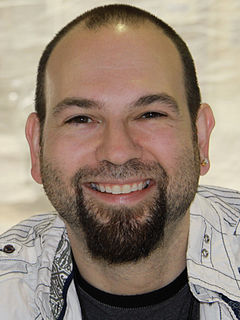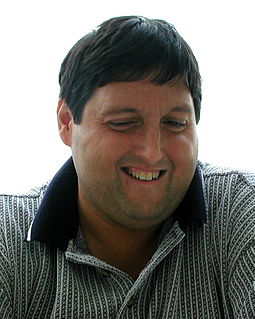A Quote by William Shakespeare
Related Quotes
Towns are full of people, houses full of tenants, hotels full of guests, trains full of travelers, cafés full of customers, parks full of promenaders, consulting-rooms of famous doctors full of patients, theatres full of spectators, and beaches full of bathers. What previously was, in general, no problem, now begins to be an everyday one, namely, to find room.
What should our second generation have done, what should it do with the knowledge of the horrors of the extermination of the Jews? We should not believe we can comprehend the incomprehensible, we may not compare the incomparable, we may not inquire because to inquire is to make the horrors an object of discussion, even if the horrors themselves are not questioned, instead of accepting them as something in the face of which we can only fall silent in revulsion, shame and guilt. Should we only fall silent in revulsion, shame and guilt? To what purpose?
Let us admit that most of us writers feel an essential aversion to politics. By taking such a position, however, we accept the perverted principle of specialization, according to which some are paid to write about the horrors of the world and human responsibility and others to deal with those horrors and bear the human responsibility for them.






































